Circularity and sustainability towards zero waste
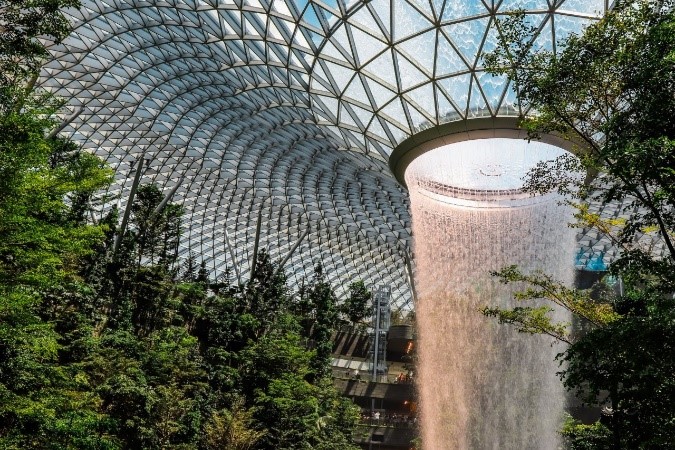
Leveraging on JCU Singapore campus’ strategic location within the ASEAN business hub, CITBA’s Circular Economy and Sustainability (CES) flagship bring multidisciplinary expertise from across the three JCU campuses to uniquely weave social and environmental sciences into evaluations of real business models in line with the framework of sustainable development. Our flagship collaborates with private and public sector partners to embed circularity into real-world business models and communicate its relevance on sustainable development in tropical Australia, Southeast Asia, the Pacific and China.
Circular economy theorizes a closed-loop system where finite resources are reused and kept in a loop of continuous usage. This cradle-to-cradle approach interrupts a linear consumption model and its built-in obsolescence that we are experiencing today. The circular economy model has thus far dealt with materials and resources with the advancement in technological innovation, however, the next leap in understanding and implementation requires the evaluation and incorporation of intangible factors. Such an interdisciplinary approach requires the decoupling of economic growth from a reliance on resource extraction and negative human impacts. The team builds intangible social and environmental analyses into CES evaluations including digital analytics. Digital aspects of the program will be supported by Accenture, while Ogilvy & Mather will collaborate with CES on public education campaigns, thus extending the reach and impact of the flagship.
This flagship aligns with JCU’s Strategic Intent by engaging peoples and societies of the tropics in industries and economies that sustain communities and ecosystems. The research that we do is directly aligned with SDG 12, SDG 9 and SDG8 and supports SDG 1 and SDG 2.
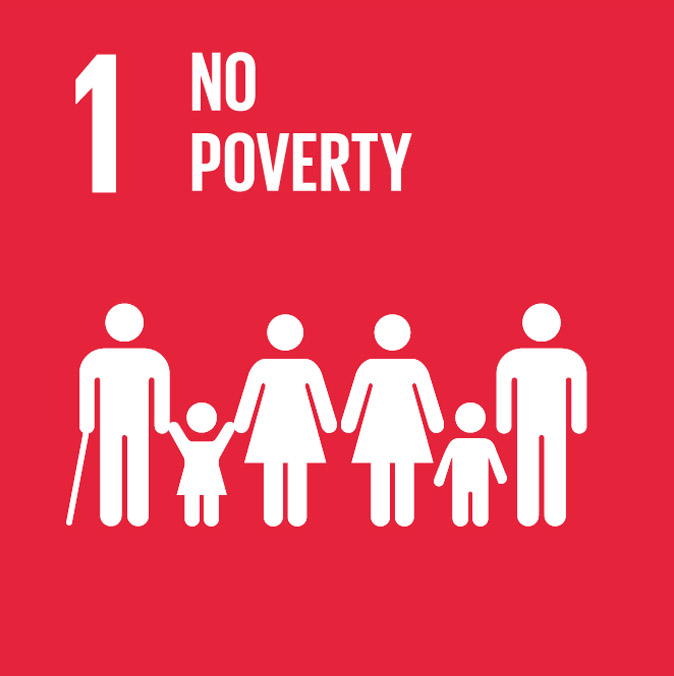
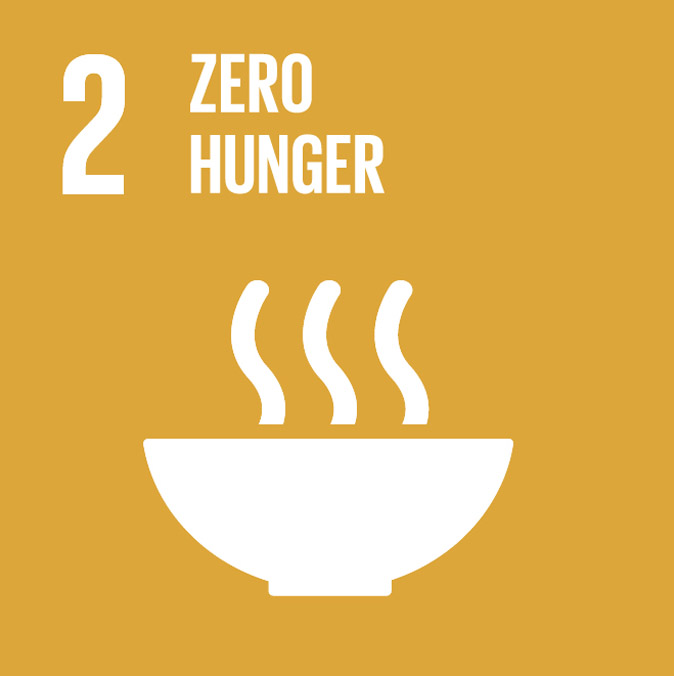
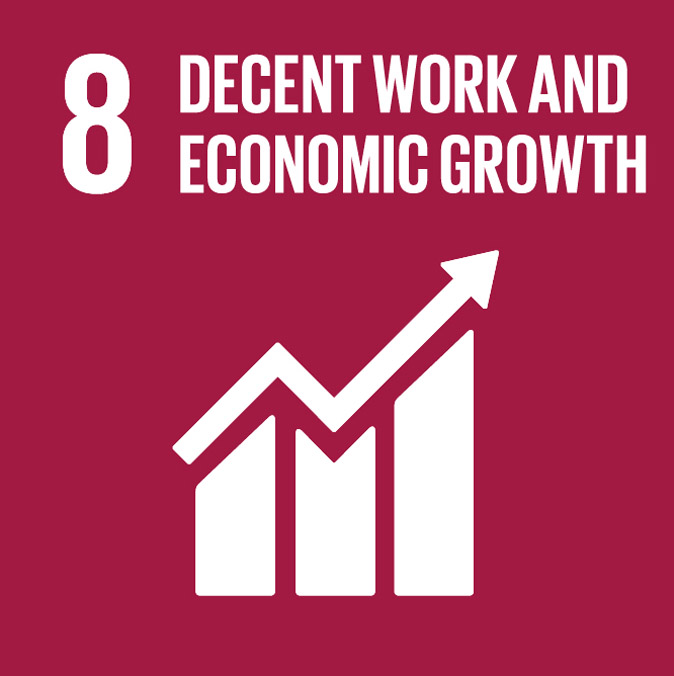
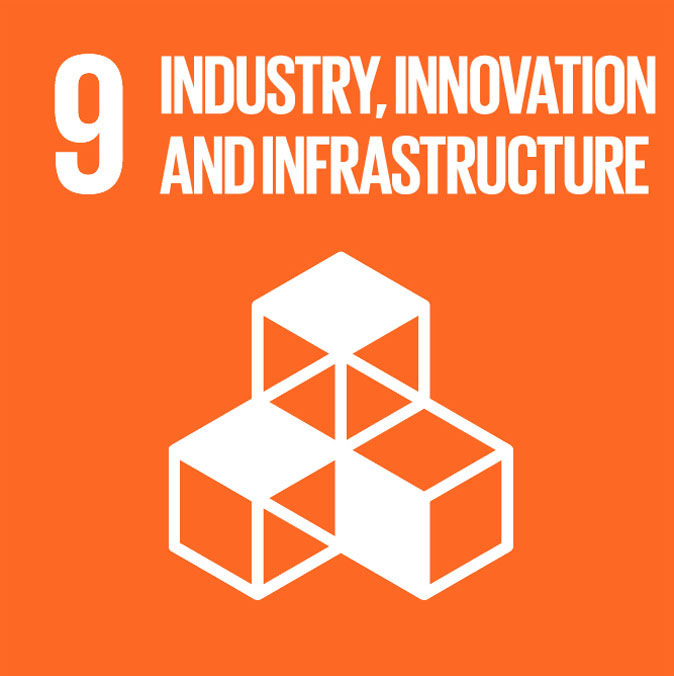
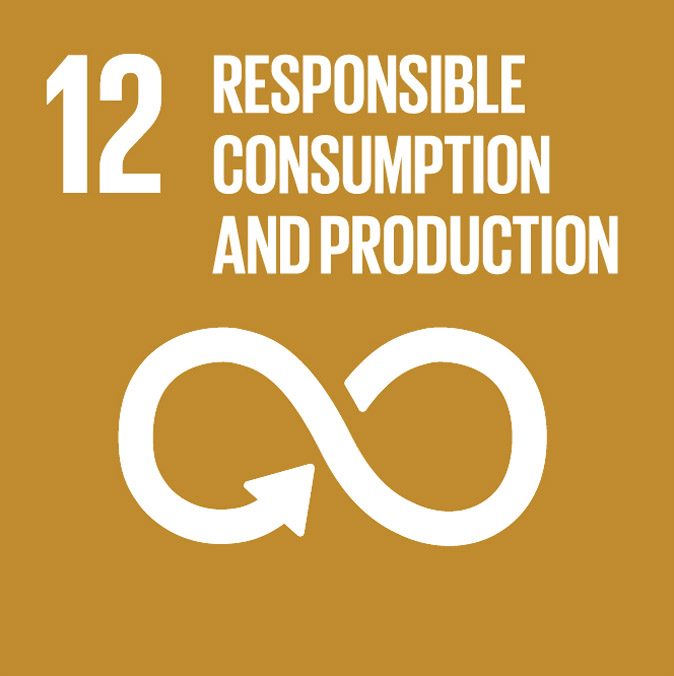
The flagship has two major objectives:
- To develop innovative tools to measure social, consumption and environmental value, and identify success factors behind CES innovation.
- To evaluate practical steps businesses can take to align financial, societal and environmental goals to activities that genuinely build economic, social and ecological value.
Associate Professor Adrian Kuah - Project Lead
Associate Professor Pengji Wang
Associate Professor Sizhong Sun
SICC-JCU Circular Economy + Sustainability Competition 2019
NUS-UCF Panel Discussion: Opportunities & Gaps in the Circular Economy
JCU-TCI Inclusive and Sustainable Economic Development Symposium 2019
Circular economy and consumer acceptance: an exploratory study in East and Southeast Asia. Journal of Cleaner Production.
A circular economy approach to green energy: wind turbine, waste, and material recovery. Science of the Total Environment.
Circular agri-food approaches: will consumers buy novel products made from vegetable waste? Rural Society.
Green marketing cradle-to-cradle: remanufactured products in Asian markets. Thunderbird International Business Review.
Product innovation in China’s food processing industries. Journal of Economics and Finance.
- Yap, Joel Qi Hong; Kamble, Zilmiyah; Kuah, Adrian T.H.; Tolkach, Denis (2024) 'The impact of digitalisation and digitisation in museums on memory-making'. Current Issues in Tourism, 27 (16):2538-2560.
- Pillai, R. D., Wang, P., & Kuah, A. T. (2023). Corporate Volunteering and Employee Engagement: Bringing Externalities to the Workplace. In Academy of Management Proceedings (Vol. 2023, No. 1, p. 11730). Briarcliff Manor, NY 10510: Academy of Management.
- Kim, C. H., Kuah, A. T., Wang, P., & Thirumaran, K. (2023). Circular economy and consumer acceptance on product-service system: a customer-dominant logic view. In Academy of Management Proceedings (Vol. 2023, No. 1, p. 10868). Briarcliff Manor, NY 10510: Academy of Management.
- Antonacopoulou, E. P., Cameron, C. R., Goestl, S., Kim, C. H., Kuah, A. T., Kratochvil, R., ... & Sharma, A. (2023). Process and Practice Perspectives: A Morphological Analysis and Reassessment of Impact. In Academy of Management Proceedings (Vol. 2023, No. 1, p. 11330). Briarcliff Manor, NY 10510: Academy of Management.
- Kim, C.H., Kuah, A.T.H. and Thirumaran, K. (2022) Morphology for circular economy business models in the electrical and electronic equipment sector of Singapore and South Korea: findings, implications, and future agenda. Sustainable Production and Consumption, 30, 829-850.
- Lai, N., Kuah, A.T.H., Kim, C.H. and Wong. K. (2022) Toward sustainable express deliveries for online shopping: reusing packaging materials through reverse logistics. Thunderbird International Business Review, 64, 351–362.
- Pillai, Ratna Devi; Wang, Pengji; Kuah, Adrian T. H. (2022) 'Unlocking corporate social responsibility in smaller firms: Compliance, conviction, burden, or opportunity?'. Thunderbird International Business Review, 64 (6):627-646.
- Kuah, Adrian T. H.; Xia, Yi; Wang, Pengji (2022) 'How Do Corporate Social Responsibility Engagements Drive Consumer–Company Identification in Singapore?'. Sustainability, 40 (10).
The first project promotes circular-entrepreneurship on the Australian-Arab, a Blended Living Lab (BLL) will be established in collaboration with James Cook University, Abu Dhabi University, UAE, and King Abdul Aziz University, Saudi Arabia. To accomplish this, First, the BLL will conduct three workshops with 30 attendees each in the UAE, Saudi Arabia, and Australia, organise 5-6 online knowledge sharing sessions, and create a portable training package called 'Designing Circularity into Business Models and Products' (DCBMP). Second, using DCBMP, we will conduct one online training sessions to build the capacity of 30 entrepreneurs in circular business models/products to accelerate innovation and create startups. Third, upon completion of the project, the BLL will be equipped with world-class online labs, and we will brand/market the BLL subscription model globally/Arab regions at nominal fees. Finally, through this approach, our project aims to enhance awareness/understanding among Australian-Arabs, maximise public diplomacy/economic opportunities, build strong community/institutional relationships, and increase recognition in the Arab.
The second project primarily aims at contributing to the French Polynesian Smart Islands program, a spearhead initiative of the Polynesian Government. Research wise, the objective is to focus on two of the four core pillars of the program: Tourism and the Circular Economy. While applied research and transfer of expertise remain the catalyst of our contribution as a team, the project also involves broader aspects: education to issues specific to the Pacific (e.g. climate change) and student exchanges (DFTA NCP); commercial relations through the French Polynesia Regional Group and institutional partnership with Tahiti Business School, of key importance to diplomatic funding. The project had been extended due to Covid and other reasons, and was recently completed in mid 2024.
The third project involves working with the International Organization for Standardization’s Action Plan for Developing Countries 2021-2025. The ISO's Action Plan maps out how ISO aims to contribute to improving developing countries' economic growth and access to world markets and helping to achieve sustainable development. As part of ISO/TC 323, my passion is to advance standardization of ISO59000 in Region 5: East, Southeast and South Asia with the ISO, and I have reviewed the action plans of countries such as China, the Philippines, Fiji, Myanmar, Nepal, Bhutan, Indonesia, Bangladesh, Mongolia, Sri Lanka, Thailand, Vietnam, and Lao PDR as part of their transition to the circular economy. As part of this project, Professor Kuah presented to 10 countries representatives at the ASEAN Secretariat to advise ASEAN circular economy transition progress to the governments. Professor Kuah also met 26 Heads of State for Global South Alliances and High Level Forum for Multi Stakeholders Partnerships (HLF MSP 2024) to discuss developing pathways for the circular economy.
Useful Links
ASEAN advances circular economy agenda at 2nd FG-CE Meeting
Blended Living Lab for Nurturing Circular-Entrepreneurships among Australian and Arab Entrepreneurs 31 May 2024 - 31 May 2025
Smart Islands Program: Fostering Collaboration between Australians and Polynesians (Old ID 26900) 01 Jun 2020 - 31 Jul 2024
Events or collaborations
January 2025: JCU Singapore Professor engages with ASEAN Senior Economic Officials about the circular economy
December 2024: James Cook University Professor led dialogue session on new Singapore Circular Economy Standards
October 2023: Advocating sustainability through international standards: JCU academic headed Singapore's delegation in São Paulo
August 2023: Two research papers nominated for Best Paper Award at the upcoming Academy of Management Meeting in Boston